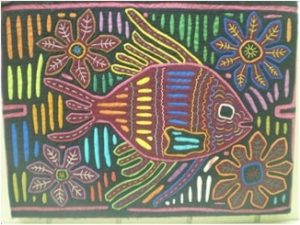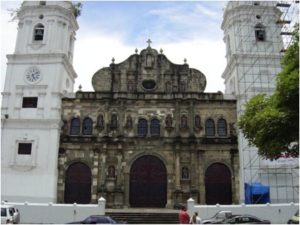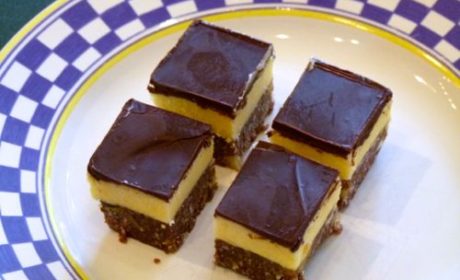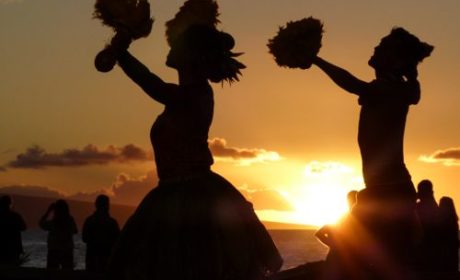Baby boomers, have you visited Panama on a travel adventure? Well, Alan and I haven’t yet, except for a cruise through the Panama Canal. But, when we do, we’ll be following the dining advice in this guest post by Jeff Apton, a baby boomer who frequently travels to Panama.

Any meal promising a heavy dose of Omega 3s, makes this baby boomer happy. Since Panama means “many fish,” I was excited about eating in this beautiful country. I did not realize just how how much I would appreciate it, until visiting for a week in Panama City after traveling around Costa Rica.
In Costa Rica, we had a great time, but they have a fairly bland diet based on comida typical (translated just as it sounds, the typical meal is based on rice and beans). I expected the cuisine in Panama to be the same, but happily, I was mistaken.
The food of Panama has a diversity not found in its neighbor to the North, although they both occupy a similar geography. Perhaps it is the ethnic diversity of Panama, with African, native Indian, Chinese and European influences, that makes dining such a diverse pleasure. So where will baby boomers find a good meal?
Parrillada Jimmy is the kind of place a tourist might drive by on the way to somewhere else. This large, plain looking building with wrought iron furniture has a simple hacienda charm inside and bustles with local families and business people. The grilled octopus is as good, if not better, than anything I have tasted on the plaka in Athens. The grilled steak is delicious as well. I still dream about that octopus and a cold beer. As Arnold said, ”I’ll be back.”
After leaving Parrillada Jimmy, let’s continue to the Old City. The remains of what existed after Captain Morgan sacked the city in 1671 are there, as is the building where a crowd of Kuna, indigenous to Panama, sell mola panels, the native cloth with colorful animal designs. You’ll also see the ruins of some of the buildings that Morgan fired upon. The joke, however, was on the Welsh buccaneer, because the Spanish took the gold and silver out before he could grab it.
At Siete Mares (Seven Seas), an elegant place with valet parking, located in the Financial District, lobster is the specialty. To be different, try the truly wonderful bacalao, the dried salted cod that is soaked in water and comes back to life as a mild and flaky delight.

Be sure to include a visit to Casco Viejo. This part of Panama City was built in 1673 after the sack of the Old City. It’s a treasure trove of classic architecture; and like many cities in the world, it is undergoing urban renaissance. Casco Viejo is being upgraded—back to its 17th century splendor. At Manolo Carocol, which may be one of the best-loved places among artists, young entrepreneurs, business people and hip tourists, put yourself in owner/chef Manuel Madueño’s hands to be served what is fresh that day. He calls it “food with love.” You may sample sole carpaccio, pork loin with pineapple, gingery prawns or andalusian gazpacho with cucumber. The wood tables and white stucco walls decorated with artifacts and local art make this a dining experience not to be missed.
Acha is a modern seafood place with a longstanding reputation, but it’s hard to find. If you miss it, switch gears and head to Madame Chang’s, a Chinese restaurant that would be at home in San Francisco or Vancouver.
And the best part of the trip that any baby boomer will appreciate—the fresh seafood, meats and produce available throughout Panama City allowed me to board the return flight weighing the same as when I arrived.
Have you ever explored Panama and tried its local cuisine? Join the conversation at the My Itchy Travel Feet page on Facebook or send us an email to ask a question or share your experience.



